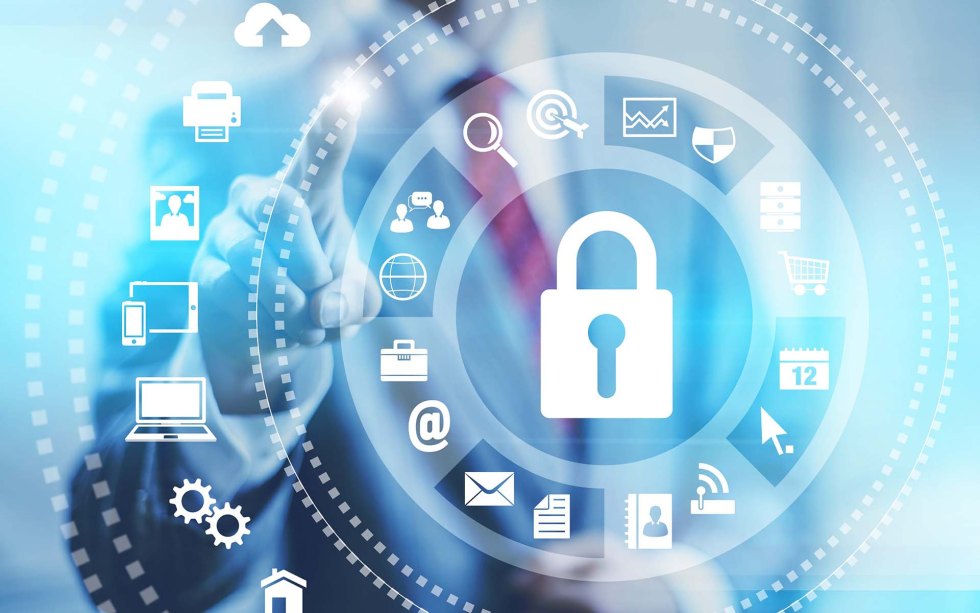The rapid development of information technologies is affecting our daily lives – the way we communicate, do business, make purchases, carry out transactions, and monitor our health, are just a few examples of how our lives have been affected by technology. Obviously, every process in the financial service industry either is or will be affected by these changes.
[Note: This is a sponsored article.]
The Essence of Securitization
Securitization, by definition, is the transformation of illiquid assets from their basic form into tradable stocks that are backed by a pool of standardized assets of a single type. The process converts assets with low liquidity into more liquid security instruments that can be traded both on the trade markets and over-the-counter.
While good in theory, securitization is no longer viable within the evolved market environment. Today’s market is fast and demanding, while traditional securitization is a slow, drawn-out process. It can take up to a year for the securitization of an asset to reach the point when new securities are actually purchased. Bureaucratic red tape, reams of paperwork, a high setup cost, and the large number of stakeholders involved all contribute to the arduousness and inefficiency of this complex financial tool, making it almost impossible to estimate original asset performance.
In today’s digital era, such processes need to happen much quicker in order to remain competitive. Artificial intelligence, blockchain technology, IoT, and tokenization are the natural solutions.
Tokenization – The Next Generation
Tokenization by its nature is the next generation of securitization. It is the process that transforms rights to an asset into digital form – the so-called ‘token’ – on the blockchain. Using blockchain technology solves all the problems inherent in traditional securitization.
Using blockchain to tokenize an asset:
- creates a single, standardized source of information instead of multiple data silos across different entities, making the process easier, cheaper and faster;
- makes security prices reflect true value;
- provides a tracking system that enables easy auditing during every stage of the tokenized asset’s life cycle
Tokenization is a natural, if not inevitable, replacement for securitization as it brings higher value to all stakeholders in the financial market.
BANKEX and the Proof-of-Asset Protocol – A New Word in the Financial Market
Standing on the edge of the blockchain era, BANKEX provides tokenization services for traditionally illiquid assets. The BANKEX platform is an ecosystem that unites Bank-as-a-Service and FinTech technologies. Its proprietary Proof-of-Asset protocol enables liquidity in the most effective way possible. BANKEX takes an asset – it can be virtually anything from any field – digitizes it, validates all the necessary information, tokenizes it using the Proof-of-Asset protocol, and ensures that it is placed on the market for further trading. Powered by blockchain, this technology utilizes Smart Contracts that serve as a reliable instrument to make deals of any complexity.
While the idea might seem far-fetched to some, BANKEX has already received support from 10 banks and one of the most recognizable technological giants – Microsoft Corporation.
BANKEX is helping various markets adapt to rapid changes by providing a reliable and transparent technology and its Proof-of-Asset protocol is already triggering heated discussions within the crypto community. Moreover, the Demo is already live. Today BANKEX is ready to launch its token sale stage.
BANKEX token sale launch date will be announced soon. Don’t forget to sign up for the pre-sale whitelist.
For more information about BANKEX please visit their official website and download the project whitepaper. You can also connect with BANKEX on Facebook, Twitter, Telegram, and Slack.
Do you think that tokenization is the natural progression of securitization in today’s digital age? How will it affect the value and tradeability of traditionally illiquid assets? Let us know in the comments below.
Images courtesy of BANKEX, Shutterstock
